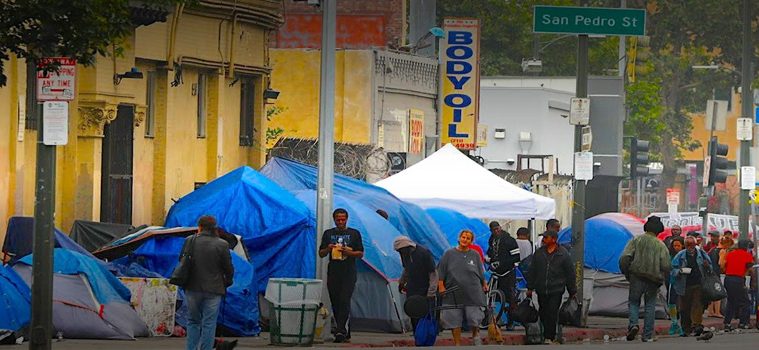LISTEN – HUMANITY ON THE SKIDS –
Nov. 19, 2021 – Quinones tells Press Play that this book is about how the “underworld,” particularly the Mexican trafficking world, became the lead driver of pain pills and pushed America’s epidemic of drug addiction into the “synthetic era,” meaning the drugs are now made entirely with chemicals in laboratories (and no longer require plants like cocoa in cocaine or poppies in heroin). They’re also more potent and dangerous than anything that’s been on the streets before.
Fentanyl: from a chemist’s lab to the streets
Quinones explains that a Mexican-born and San Diego-raised underground chemist named Ricardo Valdez-Torres was one of the first people to introduce Mexican drug traffickers to fentanyl. Known as “El Cerebro” (“The Brain”), Valdez-Torres got caught by law enforcement in the 1990s, went to prison for a decade, and was deported back to Mexico, where he was approached around 2004 by the Sinaloa drug cartel. They wanted him to make ephedrine, a chemical that goes into methamphetamine, but he had other plans.
“He really thought he was above that and wanted to make fentanyl, and he did so unbeknownst to them at first. And then once he had fentanyl going, he explained to them the ‘beauty of fentanyl is that it was very cheap to make, very easy to make, and extraordinarily potent, and therefore enormously profitable,’” says Quinones.



